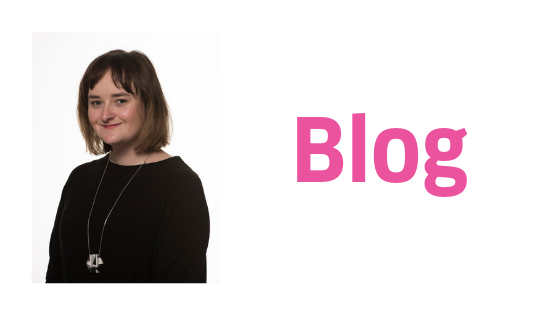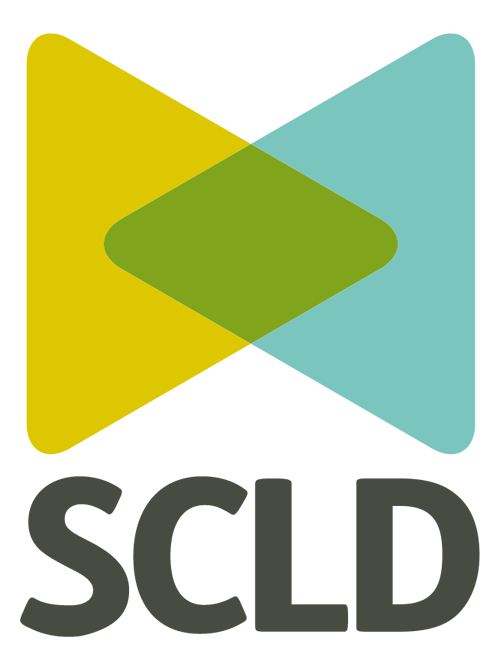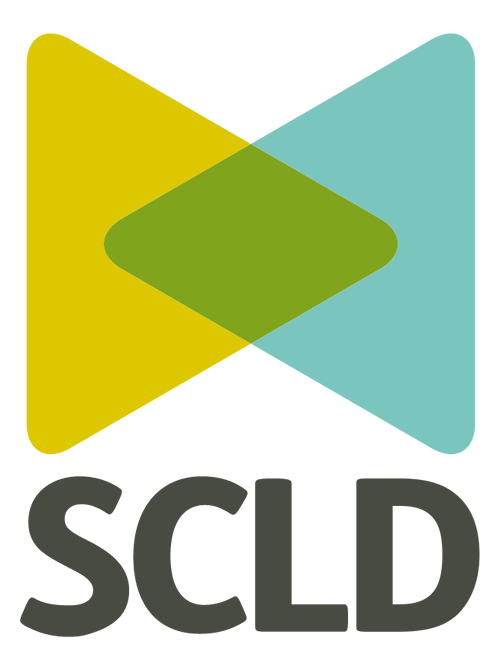
Standing up for the human rights of children and young people with learning disabilities
Tuesday 10th December marks Human Rights Day, the day the United Nations adopted the Universal Declaration on Human Rights which has influenced international Human Rights treaties ever since.
The theme of Human Rights Day 2019 is ‘Youth Standing Up for Rights’. Globally we have seen outstanding examples of children and young people standing up for their rights and making their voices heard. Most notably, Greta Thunberg and her international activism on climate change.
Alongside international examples, this year the Scottish Government has committed to Incorporating The United Nations Convention on the Rights of the Child (UNCRC) into Scottish Law, ensuring that children and young people have their voices heard in all matters which impact them and have their rights respected, protected and fulfilled. This is a landmark decision which has the potential to create transformational change and positively impact the lives of all children and young people across Scotland.
Despite this national shift, presently in Scotland children and young people with learning disabilities are often excluded from the opportunity to stand up for their rights due to discrimination. This can and does take place in all parts of a child or young person’s life and begins at a young age. Some of the starkest breaches of human rights facing children and young people with learning disabilities is their experience of restraint and seclusion. A survey of 204 families from across the UK by the Challenging Behaviour Foundation in partnership with Positive and Active Behaviour Support Scotland found that 88% had a child who had experienced physical restraint and that 35% of these respondents said it was a regular occurrence.
What these figures clearly illustrate is that for many children and young people with learning disabilities having the opportunity to stand up for their rights is not something they experience. This can be said to be caused by the negative assumptions placed on children and young people with learning disabilities and the tyranny of low expectations around what they can achieve, often being viewed as the ‘bad kid’ or the ‘difficult one’ as opposed to an active rights holder.
At the last Keys to life Expert Group in November, Lucy Mulvagh (Director of Policy and Communications at Health and Social Care Alliance Scotland) and I asked the group whether they felt their rights under the United Nations Convention of Persons with Learning Disabilities were being met.
People told us about their experiences of hate crime and “no one taking them seriously” and being told they “could not cope” when, and if, they had children themselves.
We also heard upsetting examples of exclusion in education and employment. One person we spoke to said:
“I went to a special school. I didn’t achieve my full potential. I wasn’t allowed to do all my credits for a college course.”
When leaving school, people with learning disabilities struggled to access further opportunities and employment. Even when they succeeded in getting jobs they are often ostracised. The same person said:
“This year, for the first time in three years, I was invited to my works Christmas party.”
What the Expert Group members said showed us is that we still have a long way to go to ensure that the human rights of children and young people, as well as adults with learning disabilities, are met to the highest possible standard.
Over this last year, SCLD has worked with a clear ambition to ensure children and young people, as well as adults with learning disabilities, can realise their human rights.
In early 2019, we supported the Scottish Government in the publication of The new Keys to life Implementation Framework.
This placed an emphasis on human rights and improving opportunities for children and young people in education, employment and in forming meaningful relationships.
In working in partnership with people with learning disabilities and those who support them throughout this year, we have been able to contribute to a national dialogue which will have the role in shaping how people with learning disabilities both understand and make their rights real; for example, our contributions to The Independent Review of Learning Disability and Autism in the Mental Health Act and the Incorporation of the UNCRC into Scottish law.
More broadly, we have worked to ensure people with learning disabilities can act as leaders in their communities. Testament to this is the work of the ambassadors at this year’s International Association for the Scientific Study of Intellectual and Developmental Disabilities (IASSIDD) and the ongoing work of The keys to life Expert Group, who frequently input into national policy and delivery.
As we move into 2020, SCLD will remain committed to ensuring that children and young people with learning disabilities can make their rights real. Our commitment, however, does not end with children and young people; it includes all people with learning disabilities.
Collectively we have a long way to go until people with learning disabilities are given the opportunity to ‘stand up for rights’. But we remain hopeful that by Human Rights Day 2020, more people with learning disabilities will be able to realise their human rights.
Oonagh Brown
Policy & Implementation Officer (Parenting) SCLD


